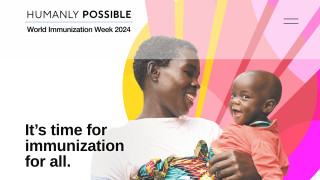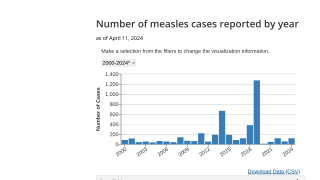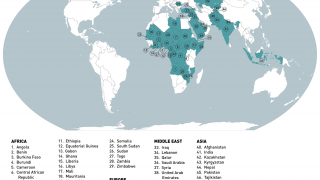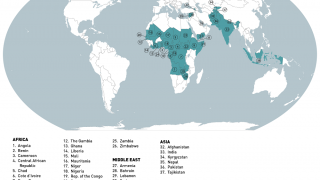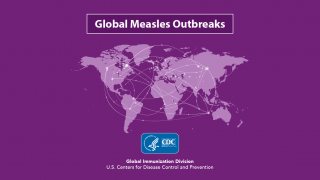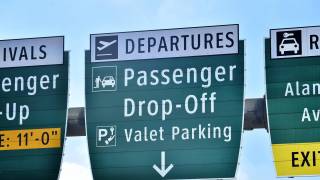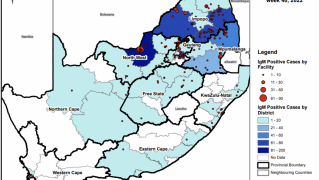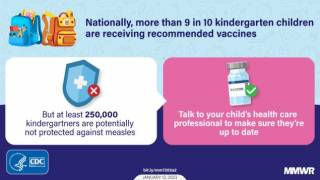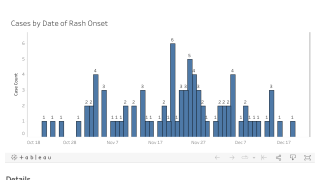Texas Measles Outbreak Source Remains Unknown
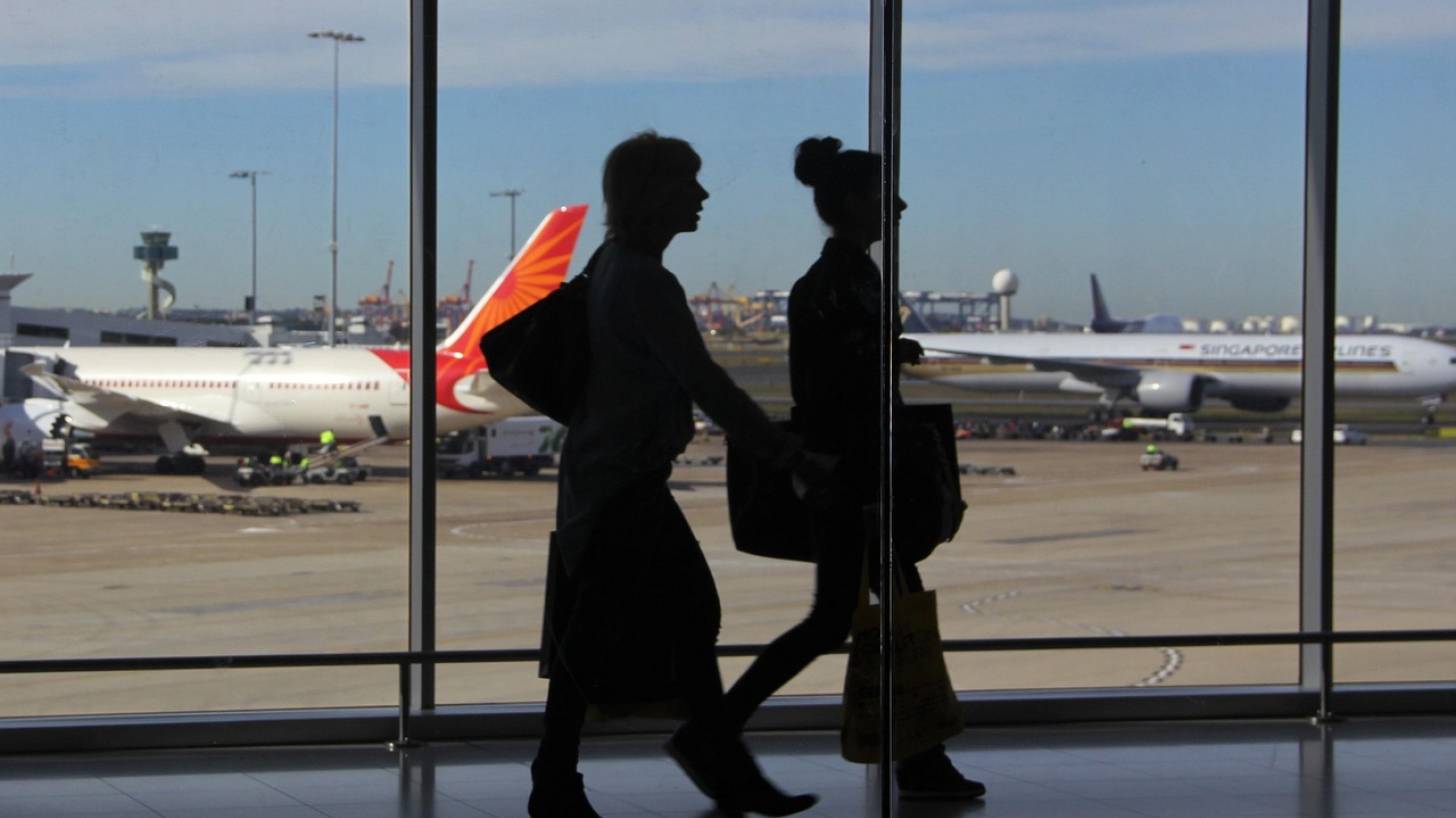
The United States has been experiencing its largest measles outbreak since 2019, and the World Health Organization (WHO) has recently stated that the outbreak's source is "unknown."
On March 27, 2025, the WHO published Disease Outbreak News (561), confirming that measles was declared eliminated in the United States in 2000. Since then, imported measles cases have been reported, as this highly contagious disease remains endemic in many parts of the world.
Starting in January 2025, when Harris County Health (Houston) reported travel-related measles cases, the U.S. CDC confirmed over 483 measles cases in 20 jurisdictions.
In Texas, the health department has confirmed 408 cases during this year's outbreak.
While the WHO says the 'source of this outbreak is unknown.'
'And currently, there is no evidence of decreased vaccine effectiveness or changes in the virus that would result in increased severity.'
However, the WHO and the CDC disclosed that Texas, New Mexico, and Kansas submitted identical DNA sequences in genotype D8.
Additionally, five distinct genotype B3 sequences were reported from Alaska, California, Florida, Kentucky, New York, Rhode Island, Texas, and Washington.
A study published in 2024 stated, 'Variability in measles (genotype) transmissibility may have important implications for measles control.'
The U.S. CDC says, 'Measles virus genotyping can help establish which foreign country may be the source of an imported U.S. case. However, genotyping alone is not sufficient since each genotype can circulate in multiple countries and even in different regions of the world.'
To alert travelers of this health risk in the U.S. and worldwide, the CDC has published Travel Health Advisories for over 50 countries reporting measles outbreaks this past year.
This includes Ontario, Canada, which reported about 557 measles cases in 2025.
'The public health risk for measles in the Region of the Americas is considered high due to the persistence of the circulation of the virus from imported cases, ' wrote the WHO.
Both the WHO and CDC recommend that most people receive two doses of the MMR vaccine to protect themselves from measles. Measles vaccines are readily available at most pharmacies in the U.S.
Our Trust Standards: Medical Advisory Committee




